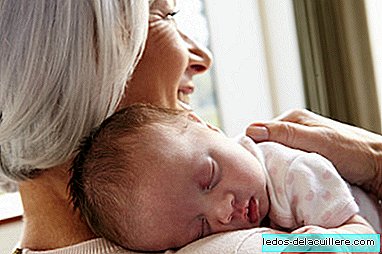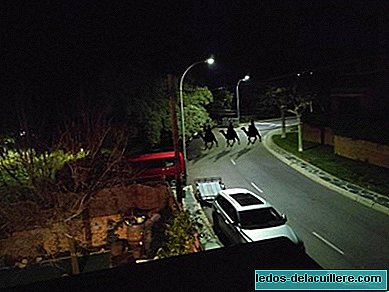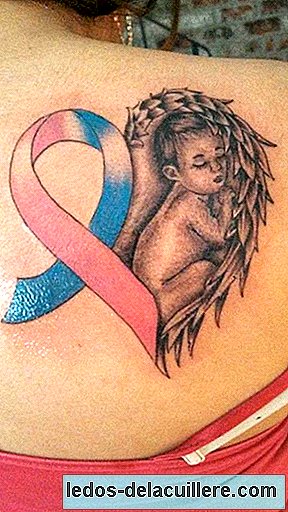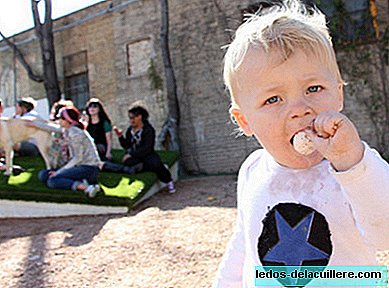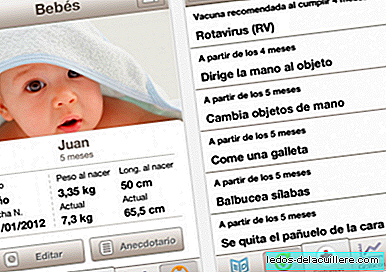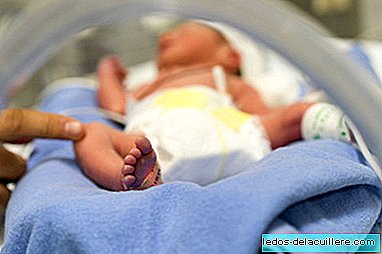
Every year 15 million premature babies are born in the world, which represents one in ten births. Due to their immaturity, many of them must remain in intensive care for a time where they receive all the necessary care to get ahead.
There are more and more hospitals that allow the accompaniment of parents during 24 hours, but in combination with this, there is a new system known as 'Angel Eye' which consists of a network of cameras installed in hospital intensive care units that allow you to see your premature baby at any time.
Cameras in incubators: what do they consist of?
For whatever reason, when parents can't be with their baby they can access the camera images through the internet.
The system is similar to that installed in nurseries and nursery schools. A network of wireless cameras is installed in the intensive care room, even above each incubator. They are given a key to parents with which they can access the images remotely to view them from a computer or mobile phone.
It also serves for special cases such as that of a father assigned to Kuwait, father of a girl who was born six weeks ahead of schedule. Thanks to a camera installed in the incubator, he was able to meet his newborn baby, "visit her" through her tablet and see her evolution over the days.

In Spain, there is a system of ten camcorders installed in the Neonatal Unit of the Jaén Hospital Complex, as well as a pilot project at the Hospital San Pedro de La Rioja Hospital, although there were also very critical voices in this regard.
There was also an intention to install them at the Hospital de la Fe in Valencia as a complement to kangaroo care. But although it was assured that only the child will be recorded, they were not finally placed due to the opposition of the staff working in the unit.
A camera does not replace physical contact
Of course, technology does not replace skin to skin contact of a mother. The Kangaroo Method has proven to be an absolutely beneficial practice for the premature baby, thus improving the general condition of the baby. But It is not about replacing, but about adding a service to parents to give them greater peace of mind In a very difficult time for families.
There are extreme premature babies that must remain admitted for too long periods of time (remember the case of Nathan who stayed 307 days in the hospital) and it is impossible to be with the baby for 24 hours, especially if there are other children at home. This way, they can see your baby at any time of day and even at night.
Not everyone agrees with the cameras in intensive care units. Therefore, we want to know What do you think of yourself as parents, and even many of you as parents of premature babies who must have been admitted? Have you enjoyed this service? Would you have liked it?


